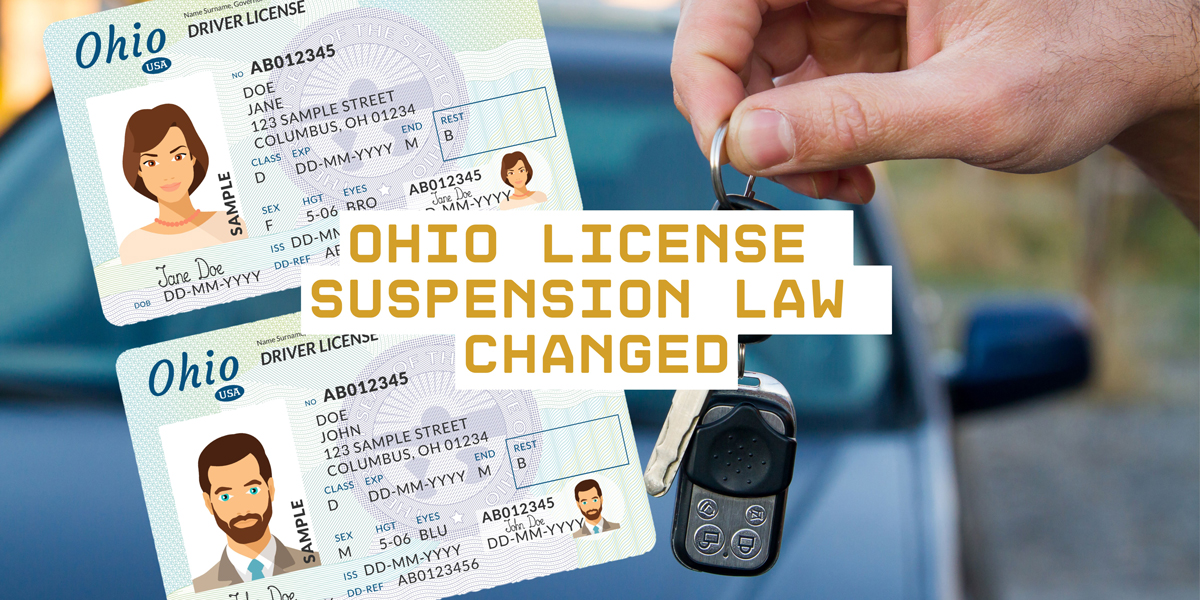The Equal Employment Opportunity Commission (“EEOC”) recently filed a lawsuit against a large employer based on the employer’s practice of checking potential new hires’ criminal history before making the individual an offer of employment. The EEOC alleged that the employer’s practices had a “disparate impact” upon racial minorities.
According to the lawsuit, the employer has maintained a longstanding practice of screening all job applicants for criminal conviction records and denying them employment based on those records.
These types of hiring practices, the EEOC alleged, disproportionately screened out Black, Native American/Alaska Native, and multiracial applicants. According to the EEOC, these companywide hiring practices violated provisions of Title VII that prohibit disparate impact discrimination. The lawsuit does not allege that the employer was racially motivated when it made its hiring decisions.
Title VII prohibits facially neutral employment practices that cause a discriminatory impact because of race when those practices are not job-related and consistent with business necessity or where alternative practices with less discriminatory impact are available.
Federal law mandates that employment practices causing a disparate impact because of race or other protected classifications must be shown by the employer to be necessary to ensure the safe and efficient performance of the particular jobs at issue. Even when the employer can prove necessity, the practice remains unlawful if an alternative practice is available that is comparably effective in achieving the employer’s goals but causes less discriminatory effect.
Employers should carefully review hiring practices and, when conducting criminal history or other checks as a condition of employment, best practices indicate that the employer should give notice that it will conduct the background check and that it will be post-offer. Other hiring practices potentially subject employers to allegations of discrimination or violating other laws. Should you wish to review your hiring practices or have any other questions, please call Kristina Curry at (937)223-1130 or kcurry@pselaw.com.













